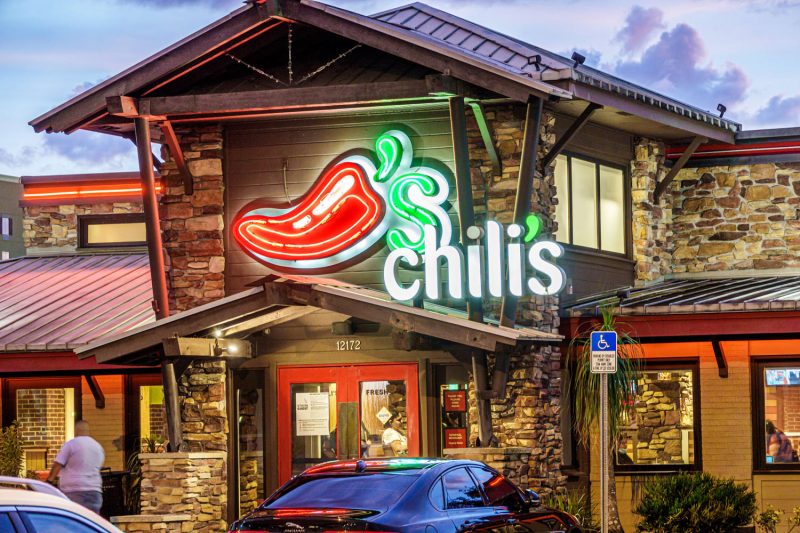Without a doubt, the social media platform, TikTok has significantly impacted various industries, one of which is the fast-food industry. An excellent example of this impact is the surging sales experienced by Chili’s as a result of a burgeoning rivalry between brands on the platform. This success story was confirmed by Brinker International, Chili’s parent company, with high expectations that the turnaround is gaining momentum.
TikTok has now become a virtual platform for restaurants to vie for the attention of millions of users. The onset of this trend barely conceals the attempt of these businesses to garner more attention and put all cards on deck to attract the younger generation, including millennials and Gen Z, who primarily make up the audience on this platform. Chili’s has succeeded in using this novel approach, as is evidenced by the noticeable increase in their sales.
The primary strategy was to establish a competitive atmosphere via TikTok, with fast-food giants like McDonald’s, Taco Bell, Burger King, and others. Chili’s managed to stand out amidst this rivalry, basking in the attendant attention and immensely boosting their sales. One of the maneuvers implemented by Chili’s was the sponsorships of challenges and the creation of engaging content that draws and keeps interest.
Brinker International’s confirmation of a strong turnaround should not come as a surprise. The positive effects of the TikTok rivalry between fast-food chains are reflected in their sales, which have reportedly been bolstered. Given the massive user base of TikTok (which currently sits in the hundreds of millions globally), the increase in visibility for Chili’s has reflected in the restaurant’s bottom line.
Chili’s foray into TikTok and engagement with fast-food rivalry is a testament to the platform’s marketing power. The brand’s decision to utilize social media trends to attract a wider audience has exponentially benefited the company and further enhanced its relationship with millennial and Gen Z demographics. Importantly, it reflects the evolving dynamics of customer engagement and business marketing strategies.
In retrospect, these efforts are not standalone strategies, but part of a broader digital transformation drive aiming at revamping its identity, evidently attracting new customers while retaining the older ones, and improving overall turnover. Chili’s presence on TikTok and other social media platforms also underscore the brand’s understanding of the ever-changing digital landscape. They have properly harnessed this opportunity to not only promote their brand but also to engage and connect with their consumers directly.
In conclusion, the positive impact of TikTok and the resultant rivalry among fast-food chains is visibly aiding Chili’s sales and overall brand turnaround. With the continuation of such strategies, the fast-food chain can look forward to a more prosperous future, echoing the sentiment of its parent company, Brinker International. Reflecting upon these experiences can provide other businesses with the necessary insights to venture out on platforms such as TikTok and beyond, leveraging their marketing capabilities.




